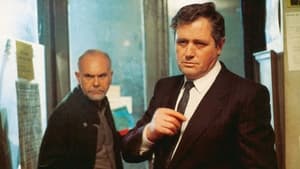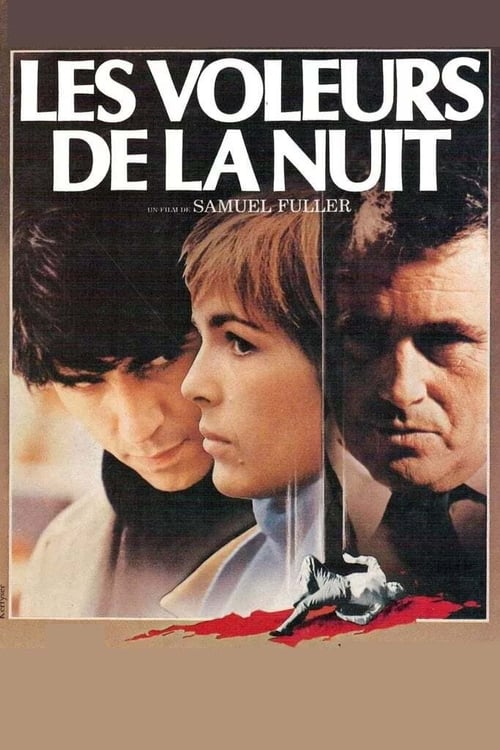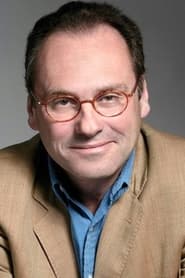Cast
View AllVéronique Jannot
as Isabelle
Bobby Di Cicco
as François
Victor Lanoux
as Insp. Farbet
Stéphane Audran
as Isabelle's mother
Camille de Casabianca
as Corinne
Micheline Presle
as Genevieve
Marthe Villalonga
as La concierge
Andréas Voutsinas
as Jose
Claude Chabrol
as Louis Crépin dit :Tartuffe
Corinne Azoulay
as
Nessim Azoulay
as
Humbert Balsan
as Insp. Martin
Gérard Boucaron
as Le voisin
Isabelle Duby
as Sexpot
Michel Dussarat
as The chemist
Crew
Director
- Samuel Fuller
Writer
- Samuel Fuller
- Olivier Beer
Producer
- Antoine Gannagé
Reviews
Thematic Analysis
As a dramatic work, Thieves After Dark examines complex human relationships and emotional struggles against the backdrop of a period setting that reflects societal issues of its time. The character development particularly stands out, offering viewers a chance to reflect on their own life journeys.
Director Samuel Fuller brings their distinctive visual style to this film, continuing their exploration of themes seen in their previous works while adding new elements. Their approach to character development and emotional depth creates a viewing experience that rewards close attention.
Released in 1984, the film exists within a cultural context that now offers viewers historical perspective on the social issues of that era. Its reception demonstrates the diverse reactions to its artistic choices and its place in cinema history.
Did You Know?
- The production of Thieves After Dark took approximately 31 months from pre-production to final cut.
- The final cut of the film runs for 98 minutes, though the director's initial assembly was reportedly 134 minutes long.
- The cast underwent specialized training for 2 weeks before filming began.
- Some visual effects sequences took up to 7 months to complete.
- The costume department created over 217 unique costume pieces for the production.
Historical Context
- In 1984, when this film was released:
- Economic policies were shifting toward deregulation in many Western countries.
- The Cold War was entering its final phase.
- Independent cinema was growing in influence, challenging the dominance of major studios.
How This Film Stands Out
Details
- Release Date: February 27, 1984
- Runtime: 1h 38m














